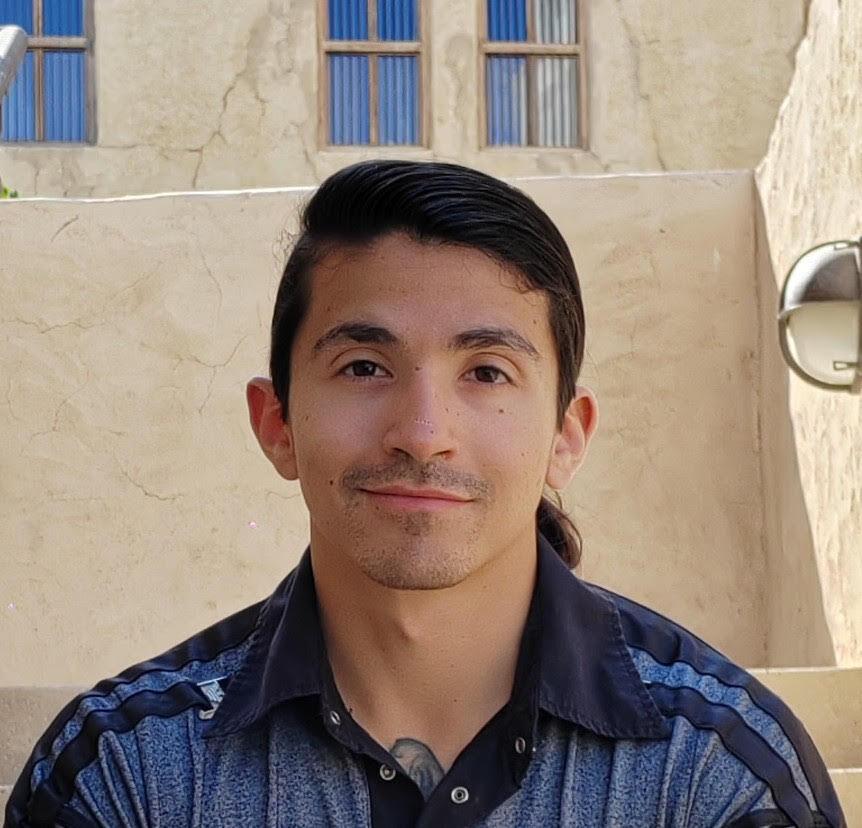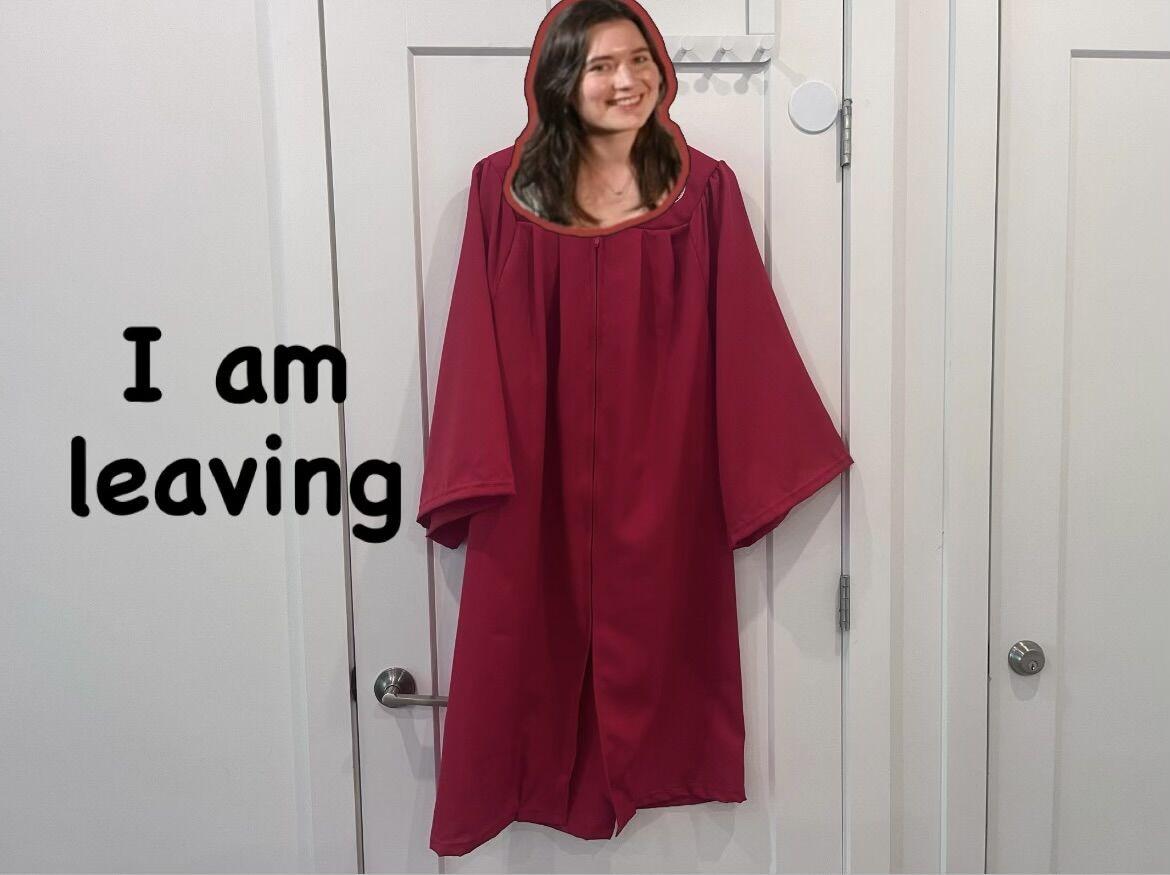Romanos keeping N.C. State students mindful of the job market, but I cannot help but think his viewpoint “Study what you study” is a personal attack on CHASS as the only college that stymies future job opportunities. For one, he bashes literature, psychology and international studies and other “impractical majors,” degrees and careers which have not “a prayer of finding a job.” Romanos insinuates that degrees in humanities will not lead to successful careers and we must instead look for a career that makes a lot of money.
Making money is great, but I think the real value comes from humanities programs, from studying culture, society and global issues because we live in what we study. It defines who we are. CHASS sparks creative, critical thinking, providing insight into understanding the world around us. We may not know much about the Greeks, but what we do know, aside from the rubble, is Plato, Sophocles, mythology, art, democracy. This is literature, psychology, international studies, political science, history, etc. This is CHASS.
If the real meaning of education is to get a degree and make money, then why are we here? Why pursue N.C. State, a 4-year university instead of a 2-year technical college program, where the focus is learning the rules and procedures about a particular career with the expectation of working at that job for the rest of our lives? An education at a university shapes us into citizens whom value the meaning of what it means to be human, and develops into a career that we love. Through this, we acquire skills that we didn’t know we had. Rarely do we decide what we do at 18 to affect what we do when we’re 40.
I dissent from Romanos’ assertion that having a CHASS career will lead to “no further ambitions.” A degree in liberal arts is a career in something that you enjoy, that will be meaningful and worthwhile. How many people do you see graduate with a degree they hate or their family pressured them into getting? How many graduates do you see doing something entirely different from what they studied at State?
The job market is always changing. What you are training to be right now may not be applicable in ten, twenty, or thirty years. What then? I guess go back to college and enroll in CHASS this time?
Take this as a teaching moment to examine the value of the humanities, to work not for the money but for the passion inherent.
May Chung
senior, English





